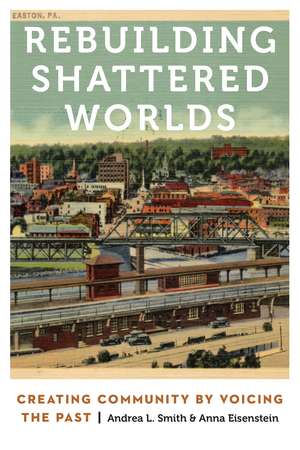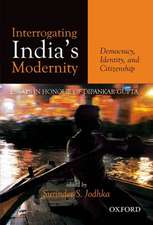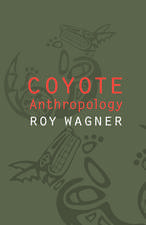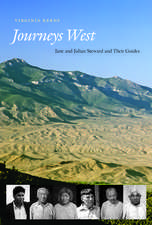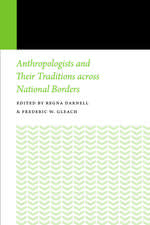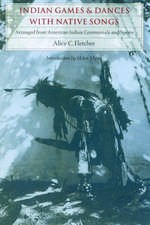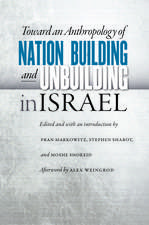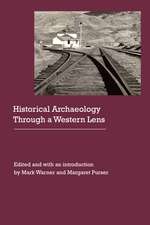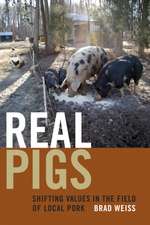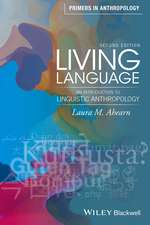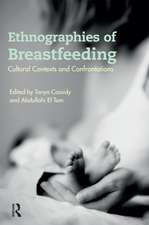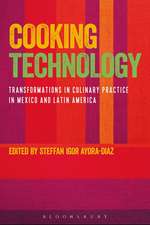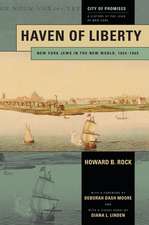Rebuilding Shattered Worlds: Creating Community by Voicing the Past: Anthropology of Contemporary North America
Autor A. Lynn Smith, Anna Eisensteinen Limba Engleză Paperback – oct 2016
Rebuilding Shattered Worlds explores the ways a demolished neighborhood in Easton, Pennsylvania, still resonates in the imaginations of displaced residents. Drawing on six years of ethnographic research, the authors highlight the intersecting languages of blight, race, and place as elderly interlocutors attempt to make sense of the world they lost when urban renewal initiatives razed “Syrian Town”—a densely packed neighborhood of Lebanese American, Italian American, and African American residents.
This ethnography of remembering shows how former residents engage collective memory-making through their shared place, language, and class position within the larger cityscape. Demonstrating the creative power of linguistic resources, material traces, and absent spaces, Rebuilding Shattered Worlds brings together insights from linguistic anthropology and material studies, foregrounding the role language plays in signaling “pastness.”
This ethnography of remembering shows how former residents engage collective memory-making through their shared place, language, and class position within the larger cityscape. Demonstrating the creative power of linguistic resources, material traces, and absent spaces, Rebuilding Shattered Worlds brings together insights from linguistic anthropology and material studies, foregrounding the role language plays in signaling “pastness.”
Preț: 212.51 lei
Nou
Puncte Express: 319
Preț estimativ în valută:
40.66€ • 42.68$ • 33.75£
40.66€ • 42.68$ • 33.75£
Carte tipărită la comandă
Livrare economică 10-24 aprilie
Preluare comenzi: 021 569.72.76
Specificații
ISBN-13: 9780803290587
ISBN-10: 0803290586
Pagini: 210
Ilustrații: 13 photographs, 4 illustrations, 4 maps, index
Dimensiuni: 152 x 229 x 15 mm
Greutate: 0.31 kg
Editura: Nebraska
Colecția University of Nebraska Press
Seria Anthropology of Contemporary North America
Locul publicării:United States
ISBN-10: 0803290586
Pagini: 210
Ilustrații: 13 photographs, 4 illustrations, 4 maps, index
Dimensiuni: 152 x 229 x 15 mm
Greutate: 0.31 kg
Editura: Nebraska
Colecția University of Nebraska Press
Seria Anthropology of Contemporary North America
Locul publicării:United States
Notă biografică
Andrea L. Smith is a professor of anthropology at Lafayette College, the author of Colonial Memory and Postcolonial Europe: Maltese Settlers in Algeria and France, and the editor of Europe’s Invisible Migrants: Consequences of the Colonists’ Return. Anna Eisenstein is a doctoral candidate in the department of anthropology at the University of Virginia.
Cuprins
List of Illustrations
Acknowledgments
Terminology and Transcription Conventions
1. Ethnography of the Expelled
2. The Language of Blight
3. Narrating Diversity
4. Voices from the Past
5. The Material of Memory
6. Nostalgia as Engine of Change
Notes
Bibliography
Index
Acknowledgments
Terminology and Transcription Conventions
1. Ethnography of the Expelled
2. The Language of Blight
3. Narrating Diversity
4. Voices from the Past
5. The Material of Memory
6. Nostalgia as Engine of Change
Notes
Bibliography
Index
Recenzii
"If a neighborhood is destroyed in the name of urban renewal, does its community cease to exist? In this deft ethnography, Andrea Smith and Anna Eisenstein explore the interplay of social memory, place, segregation, and language in Easton, a small city in eastern Pennsylvania."—Alex K. Ruuska, American Ethnologist
“A model of an involved anthropology, and of deep and subtle analysis of memory, place, race, and class, with implications that extend far beyond the boundaries of the vanished blocks of ‘Syrian Town.’”—Jane H. Hill, author of The Everyday Language of White Racism
“Rebuilding Shattered Worlds speaks to anyone interested in the operations of memory and nostalgia. And it makes a major contribution to the understanding of everyday historical consciousness by detecting forms of time travel that have not, thus far, been on the radar of historians and anthropologists.”—Charles Stewart, author of Dreaming and Historical Consciousness in Island Greece
“Smith and Eisenstein vividly capture the loss and reconnection experienced by the residents of ‘Syrian Town.’ This book will serve as an instructive text for ethnographers interested in collective memory and urban change.”—Sarah Mayorga-Gallo, author of Behind the White Picket Fence: Power and Privilege in a Multiethnic Neighborhood
“[Rebuilding Shattered Worlds] is not only innovative in its method to the study of memory and urban politics of a changing American neighborhood, but also in its ethnographic approach. . . . [It is] situated in a broad spectrum of theoretical and methodological views that span cultural anthropology, linguistic anthropology, urban studies, history, and migration studies.”—Aomar Boum, assistant professor of anthropology at the University of California, Los Angeles and author of Memories of Absence: How Muslims Remember Jews in Morocco
